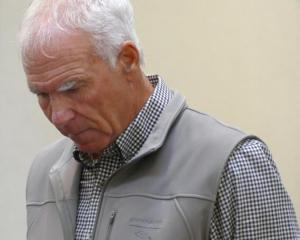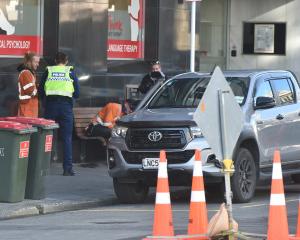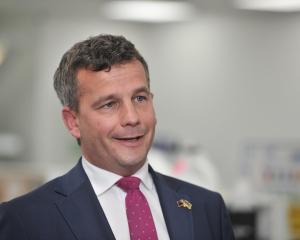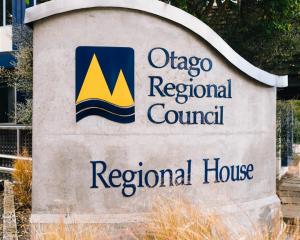[comment caption=Tell us what you love and hate about the area where you live.]Dunedin people love their libraries, hate their polluted beaches and — believe it or not — the majority think their parking wardens are fair folk with good attitudes.
The latest residents' opinion survey, in which 1561 people got the chance to give the Dunedin City Council either bouquets or brick bats, shows a city in which more are satisfied with their services than not.
And slightly more people feel that way compared with last year.
The survey, which the council has been running since 1994, measured the public's satisfaction with the council's performance, and with council-owned facilities.
The organisation that some people love to criticise had a 40% "satisfied" or "very satisfied" overall rating, compared with 25% "dissatisfied" or "very dissatisfied".
Thirty-five percent had no opinion either way.
There was no direct question about the planned Awatea St stadium, but a question about what residents would like changed about the city's sport and recreation facilities prompted 97 people to say they did not want a stadium, and 59 to say they did.
Council chief executive Jim Harland said yesterday said the figures were "overall, pretty positive".
Dunedin Ratepayers and Householders Association chairman Syd Adie questioned that conclusion, and said his concern was the large number of people who said they were neither satisfied or dissatisfied.
"They're sitting back there thinking it doesn't matter a stuff anyway. It's apathy."
Mr Harland said views on the organisation's consultation with the public, something roundly criticised every year at annual plan time, was encouraging.
The percentage of people satisfied or very satisfied with the amount of consultation — 41% — was a positive result when compared with the 27% who were dissatisfied or very dissatisfied and the 32% who had no view either way, he said.
It differed from the message heard at annual plan consultation that the council's consultation was flawed.
"There's 122,000 people in the city.
"What we've got is 200 to 400 people putting in submissions to the annual plan, many of whom are organisations or individuals well known to the council and the community," Mr Harland said.
"Looking at it in those terms, they [submitters] are not necessarily representative of the community."
The survey data was of value, as it was from people the council did not usually hear from, he said.
Research First was hired to do the work, and mailed out surveys containing 99 questions.
There was general satisfaction with rubbish collection, though a decline in satisfaction with street cleanliness and street litter bins.
There were 90 "unprompted comments", outside the questions asked, raising concern about rubbish left on streets after collection.
There was a strong increase in customer satisfaction with water and sewage services, though 97 people mentioned fouling of beaches.
Residents were mainly satisfied with the transport network, though more were unsatisfied with the availability of on-street parking in the city, and the suitability of roads for cyclists.
A need for more cycle paths was raised by 94 people.
The city's libraries, museums, pools and sporting facilities had a very high level of satisfaction, though public toilets had less.
Carisbrook was satisfactory to 60% of residents and unsatisfactory to 15%, and 25 did not have an opinion.












